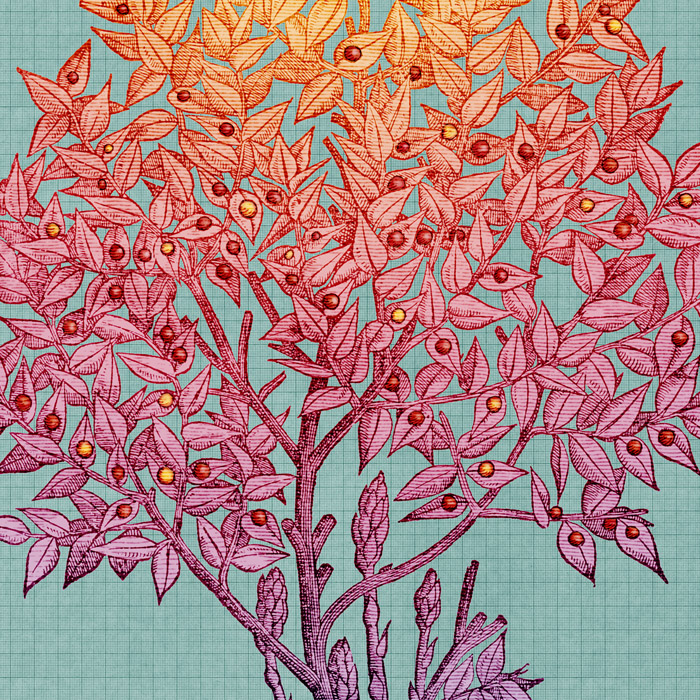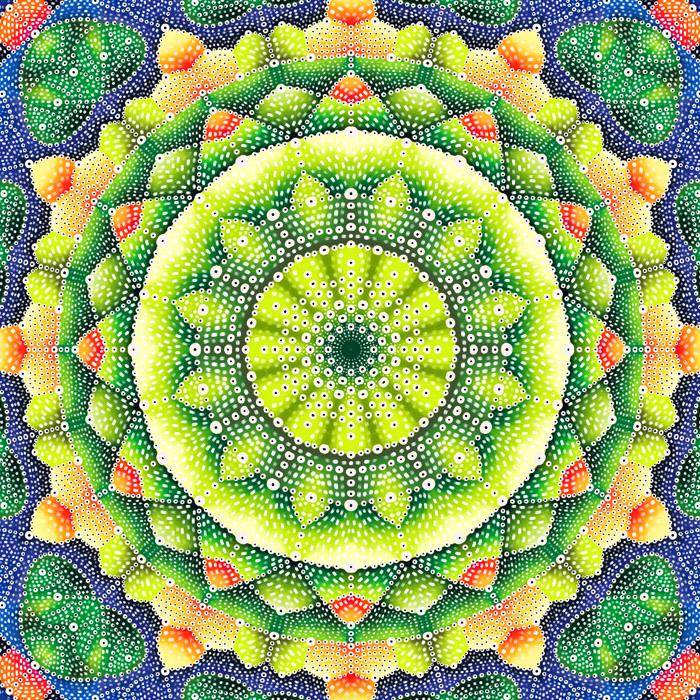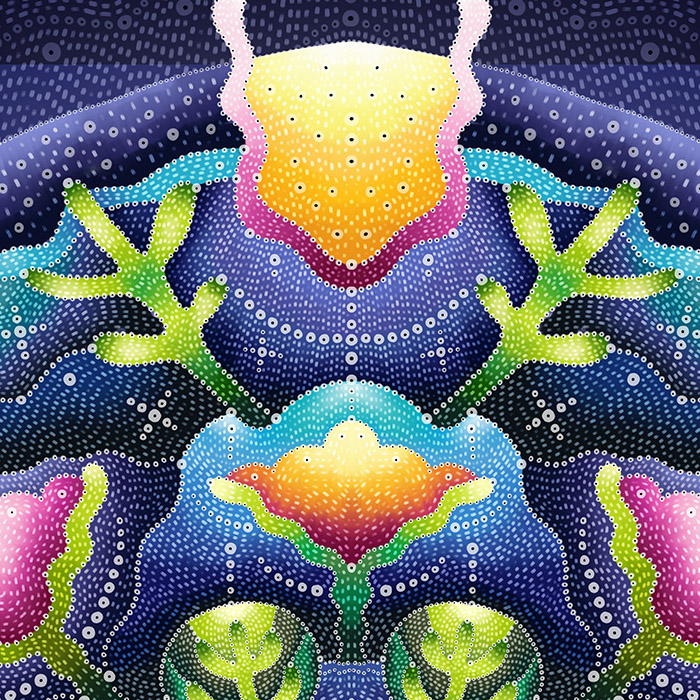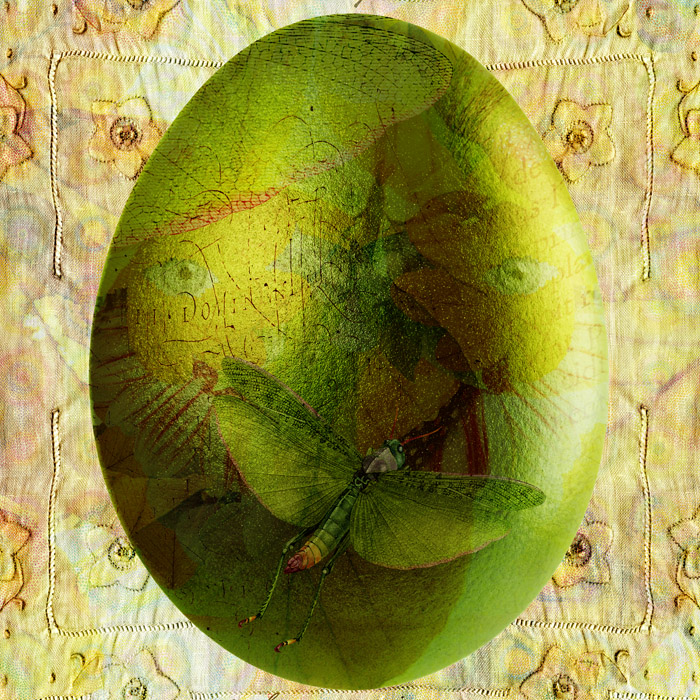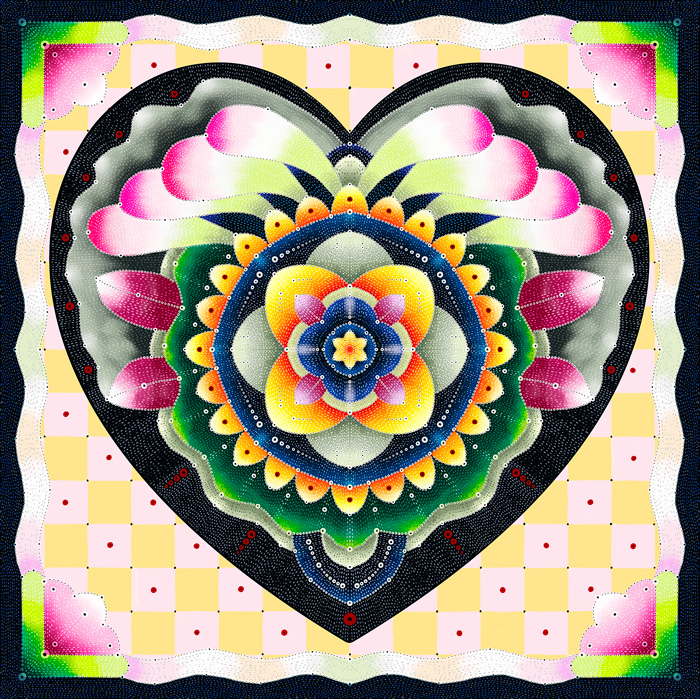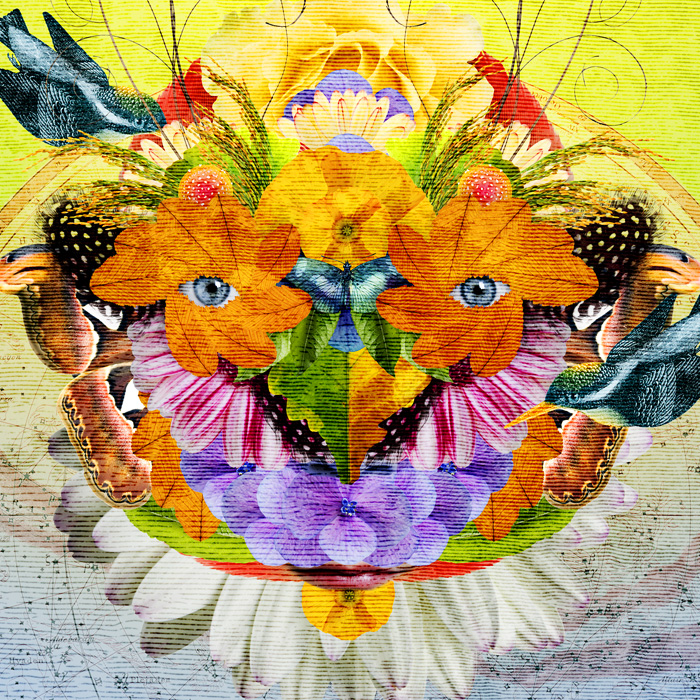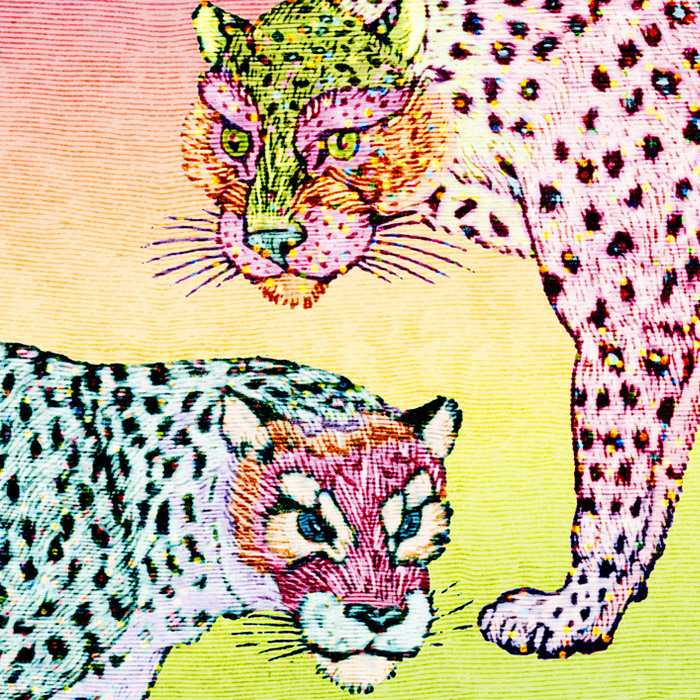Remember when, a few years ago, people starting deliberately using click bait? “She opened the carton of eggs and you won’t believe what she saw!” For a brief time, this was quite an effective technique. We no longer need much in the way of click bait, I’ve noticed, because clicking and tapping have become sufficiently addictive and unconscious that it doesn’t even matter. We get our dopamine fix even without any worthwhile content.
Using the internet mindfully is my new goal. Like when I sit down to check my email, I only check my email. I stop there, staying true to my original intention. And if I check the weather, no matter how many interesting news stories or sales pop up, I only check the weather, and only my own weather, not anybody else’s weather!
I can’t remember who wrote this blog article, but it was about procrastination, and he described how he’d sit down to work and suddenly think it was a good idea to get on Google Earth and travel the length of India from the south to the north, just because. I can totally relate.
Now, when I get on the internet, no matter why I am there, I watch my mind. I try to pay attention to the quality of my mind. I slow it down in order to notice if and when my mental feet begin to slip on the slopes of internet seduction.
The internet is a physical-world reflection of our discursive minds. It works by association. More so now that people have figured out how to make money by tracking your interests and appealing to them. So you go to check one thing and seven other things that could potentially interest you appear in the margins. It’s the Law of Attraction graphically displayed.
Mindfulness means not taking the bait, no matter how tailored, or subtle or interesting it may look, unless you are deliberately aware and awake while doing it. It’s a razor’s edge, really, because how many times have you stumbled upon worthwhile things while mindlessly getting your dopamine fix? Several, at least!
It’s the same with thought. Mixed in with the usual sea of crap in our minds is the occasional intuitive impulse from your Inner Self guiding you towards something you’d love, or away from something that might not be so great. We have to learn to tell the difference. Effort and focus are involved in this learning.
People say, “don’t go grocery shopping when you’re hungry”, meaning that you’ll wind up buying unnecessary items. Things will look good to you that normally wouldn’t because you’re hungry.
The mind, our normal, human, discursive internal dialogue factory is always, always hungry in every way. It is continually seeking for the permanent in the impermanent, believing that it’s just one possession away, one relationship away, one figure away in its bank account, one house, one car, one workshop, one guru, one spiritual teaching, one click, one tap away from feeling fixed, healed, complete.
Our normal human mind is a mindless consumer. It’s a dog in the garbage bin. And it love love loves the internet—the clicks, the taps, the little noises and animations, the tiny surprises, the constant stream of association, the videos of people doing things like squishing jello because it makes a soothing sound… on and on and on until oblivion.
What’s wrong with this? What’s wrong is the quality of mind that results. It’s an addict mind. For example, maybe you woke up today determined to focus on a particular project. Your mind was clear and refreshed with sleep. Then you checked your email. After checking email you felt a little less focused and while you’re there you might as well check Facebook and Instagram, and hey, maybe the news, or your favorite blog, and ooooh look at that, I think I’ll put that on Pinterest, and maybe I’ll mosey over to Youtube and see if there are any new spiritual videos.
An hour or even two hours later you look up. If you could feel the quality of your mind you’d realize that it is no longer focused and clear, even if you found a great video! It’s now flaccid and porous, depleted of concentration, and your motivation to do any kind of meaningful creative work has disappeared. Mindless enjoyment of the internet bloats the mind with unnecessary thought forms and atrophies its ability to focus.
So, what to do. I am not against the internet, in fact I love it. I feel as though this is the natural expansion of the human mind… to learn to be aware of what is happening simultaneously around the globe. And because we are new at this, we suck at it.
Just like when we, in first-world countries, were historically new at having couch-based leisure time in the evening and a surplus of good-tasting, easily available food, we sucked at that as a culture, and became ill and obese and developed eating disorders. Doesn’t mean that abundance and leisure time are bad. It means we need to learn to work mindfully with them. This seems to be happening now, gradually.
At this point in my life, having worked through my own food addictions, I love to go grocery shopping hungry. It enhances the experience for me, and I don’t buy anything extra, because my mindfulness around food has been established and is now effortless. The presence of abundance and diversity doesn’t cause me to lose my focus.
I’m not at that stage with the internet yet. But I’m working on it.
